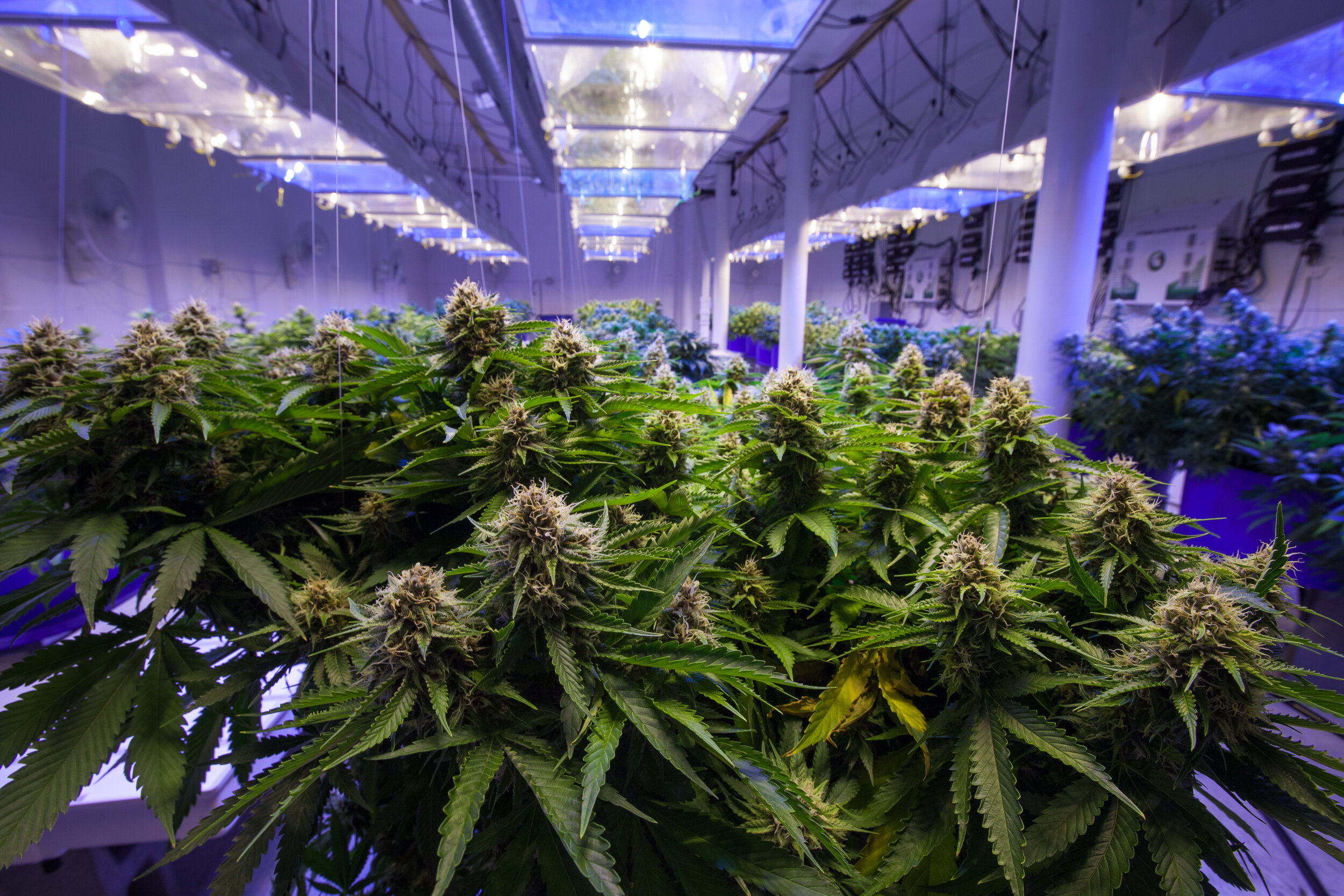The Maryland Medical Cannabis Commission (MMCC) will hold its Policy Committee meeting on May 27, 2020, where it will introduce, amend, and codify a number of regulatory proposals. These proposals have to do with businesses related to the cannabis industry, eliminating potential corruption between medical providers and cannabis companies, physicians and caregivers, licensing, and out-of-state patients’ ability to access medical cannabis in Maryland.
Regarding businesses that are not growing, processing, or dispensing cannabis but are related to the medicinal cannabis business, the MMMC is pretty much making clear the proposal that already exists: “Ancillary businesses,” defined by the MMCC as “third party businesses registered with the Commission to transport, deliver, or dispose of medical cannabis or medical cannabis waste” along with security agencies must register and pay fees, which will be established by the MMCC.
In an attempt, the MMCC explains, “to better protect against undue influence in provider-patient relationships that involve medical cannabis treatment,” another proposal amends the current law regarding the compensation agreements between patients and their providers and between providers and growers, processors, and dispensaries and makes it more restrictive. A registered medical provider in Maryland cannot be paid by “certain entities” tied to any Maryland growers, processors, or dispensaries without the knowledge of and approval of the MMCC and vice versa—a grower, processors, or dispensary cannot be paid by a provider without the knowledge of and approval of the MMCC.
At the May 27th meeting, the MMCC will “expressly outline certain events which are permissible for a certifying provider to participate in without Commission approval.”
Most significantly, the MMCC has to adjust its regulations regarding medicinal cannabis providers and caregivers as they pertain to House Bill 378/Senate Bill 304 and House Bill 617/Senate Bill 604 (often known as “Connor’s Courage”) which were passed this legislative session and go into effect later this year. These bills make it easier for minors whose medical needs qualify them for medicinal cannabis to receive that medicine and consume it on school grounds, by expanding who can be a caregiver. The number of caregivers for a patient who is a minor is no longer limited and the person who can be a caregiver does not have to be the patient’s parent or guardian.
The MMCC proposals also intend to make MMCC’s administration less complicated, or as they say, “reduce the regulatory burden on medical cannabis licensees, and improve product access and safety for patients and caregivers.” The proposals put into practice the MMCC’s regulations regarding renovations and changes to dispensaries; make it so that growers, processors, and dispensaries no longer provide the MMCC with a quarterly report of products and other specifications (a redundancy MMCC explains, because this is also collected via METRC, the state’s seed-to-sale tracing system); create a “regulatory framework” for deli-style cannabis sales; allow drive-through dispensaries (which have been getting a lot of news coverage during COVID-19); and make renewing a medical cannabis license a bit easier by expanding the period from 30 business days to 30 calendar days.
The MMCC will also expand its definition of “qualifying patient” so that out-of-state patients can receive medicinal cannabis in Maryland when they are admitted to a Maryland-licensed long term care facility.
The out-of-state patient can only use the medicinal cannabis while they are receiving inpatient care which, the MMCC explains, prevents the patient from taking the medicinal cannabis out of the state. This proposal also attempts to cut down on corruption by declaring that a hospital involved in providing an out-of-state patient “may not simultaneously hold an interest in or control of a grower, processor, or dispensary license, and a medical facility licensed in Maryland where a qualifying patient who lives in another state receives treatment with medical cannabis.”
Earlier this month, the Cumberland Times-News reported on a lawsuit on behalf of the Allegany Medical Marijuana Dispensary in Cumberland, MD against the MMCC challenging the current regulatory definition of “qualifying patient”, which prevents out of state residents from participating in Maryland’s medical cannabis program. The case is currently stayed, pending the outcome of May 27’s Policy Committee meeting.
Comments regarding the regulatory proposals can be submitted to Director of Administration, Mary Jo Mather (maryjo.mather@maryland.gov) and must be in by 5 p.m. on May 22, the MMCC website explains.
Photo by Canna Obscura/ via Shutterstock






